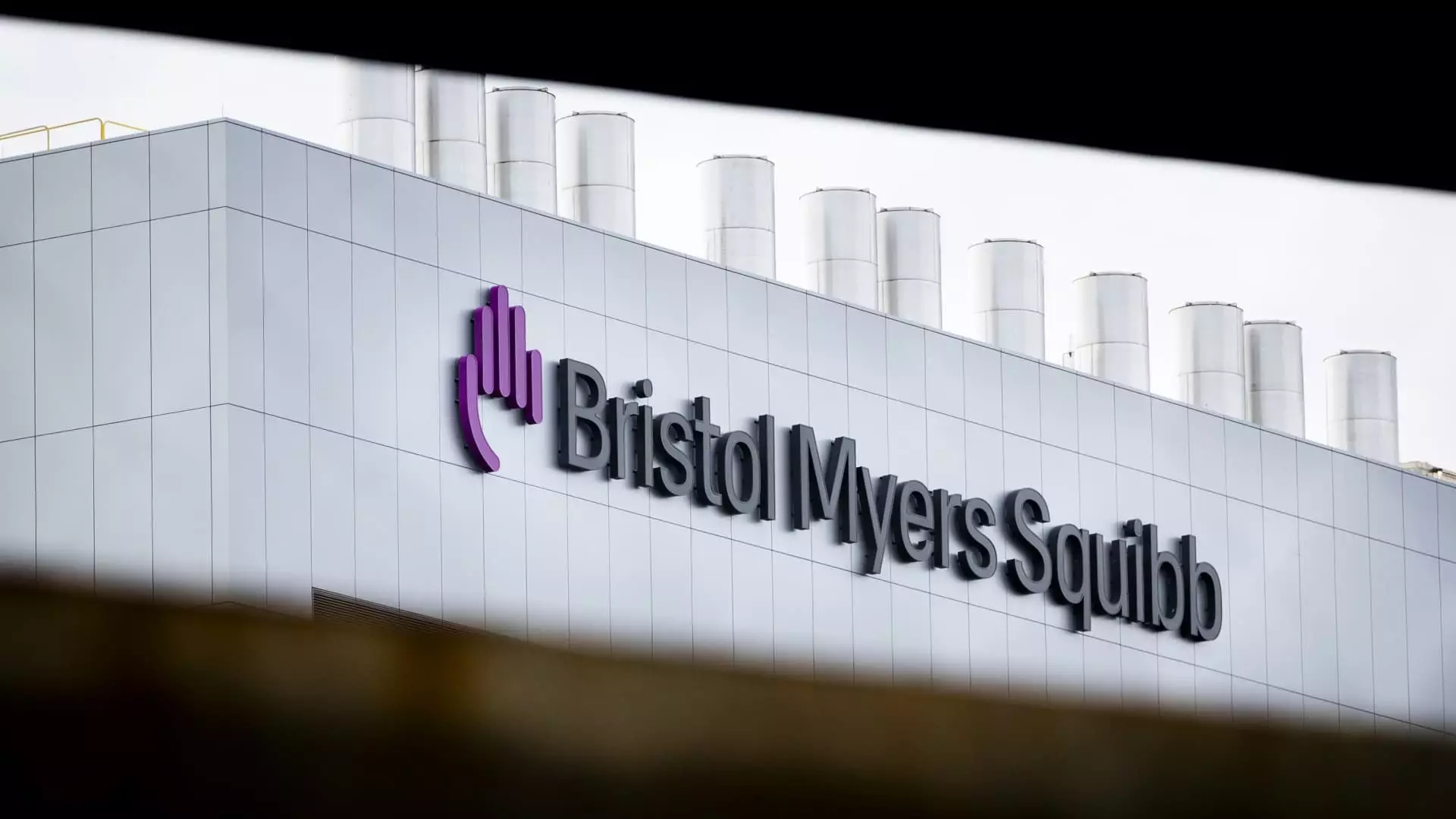Bristol Myers Squibb recently released its first-quarter financial report, revealing a mixture of positive and negative results. While the company reported revenue that exceeded expectations thanks to strong sales of its key drugs like Eliquis and new products, it also reported a quarterly loss due to one-time charges related to recent acquisitions. The company plans to cut costs significantly by 2025 and redirect those funds into drug development. However, the company also announced layoffs, discontinuation of certain drug programs, and other cost-saving measures, demonstrating a mixed bag of news.
One of the key points highlighted in the report is Bristol Myers’ plan to reduce costs by $1.5 billion by 2025. To achieve this goal, the company will lay off 2,200 employees this year, discontinue certain drug programs, eliminate open roles, consolidate sites, and reduce management layers. While this move may help streamline operations and improve efficiency in the long run, it comes at the expense of many employees who will lose their jobs as a result of the restructuring.
Bristol Myers intends to prioritize investment in its key drug brands and research and development (R&D) programs that offer high returns and significant health benefits for patients. The company aims to optimize its operations, focus on innovative drug development, and enhance its overall efficiency. By reallocating resources from non-essential areas to critical R&D efforts, Bristol Myers hopes to drive future growth and sustain its position in the competitive pharmaceutical industry.
Despite the positive revenue results for the first quarter, Bristol Myers reported a net loss of $11.9 billion, primarily attributed to charges related to recent deals. The company’s revenue for the quarter reached $11.87 billion, up 5% from the previous year, driven by strong sales of Eliquis and other newer drugs. Bristol Myers reiterated its full-year revenue forecast of a low single-digit increase but adjusted its 2024 earnings guidance to reflect the impact of recent acquisitions.
Key products like Eliquis, Reblozyl, and Opdualag saw growth in sales during the first quarter, exceeding analysts’ expectations. However, other new drugs like Abecma fell short of projected revenue figures. Despite challenges in certain product lines, Bristol Myers remains focused on driving innovation and expanding its product offerings to meet the evolving needs of patients and the market.
Bristol Myers faces increasing competition from generic alternatives to its popular drugs like Revlimid and Opdivo, which may impact future revenue streams. Additionally, ongoing price negotiations with federal programs like Medicare pose a potential threat to the company’s profitability. As Bristol Myers continues to navigate these challenges, it will need to adapt its strategy, prioritize high-impact R&D initiatives, and enhance operational efficiency to sustain its growth trajectory in the coming years.
Bristol Myers Squibb’s first-quarter report reflects a complex mix of achievements and challenges that the company must address to maintain its competitive edge in the pharmaceutical industry. By strategically restructuring, focusing on innovative R&D, and optimizing its operations, Bristol Myers aims to overcome current obstacles and drive sustainable growth in the long term. However, with mounting pressures from market dynamics and regulatory changes, the company will need to remain agile and resilient to secure its position as a leader in the healthcare sector.

Leave a Reply